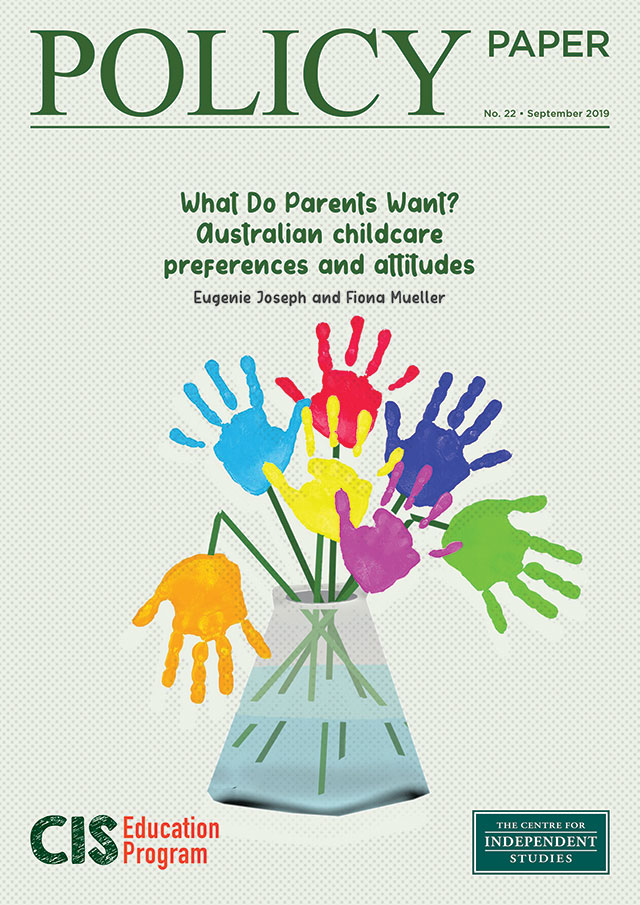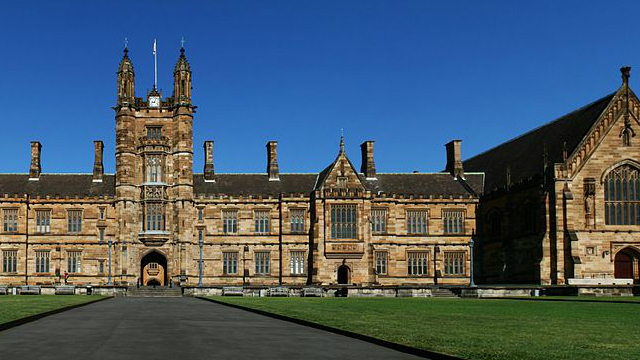
Many Australian families rely on formal and informal childcare to enable them to take on employment. Government policies have included a strong focus on giving mothers every opportunity to enter the workforce. In 2019-2020, the federal government is expected to allocate more than $8 billion to subsidising formal childcare, with over one million children aged between newborn and 13 in a range of care settings. Over time, the system has become highly regulated and an increasing emphasis has been placed on promoting formal childcare as a form of early education. But does current policy reflect parental preferences?
The Centre for Independent Studies’ polling of 521 working mothers reveals that at least half of these women, living and working all around Australia, would prefer greater access to informal care such as that provided by a grandparent or friend. Two-thirds of the respondents supported the concept of government subsidies for informal care, even if this meant receiving less financial support overall. These working mothers also rated warmth of caregiving, location and cost as the three most important factors in their choice of childcare, with staff qualifications and early learning of lesser importance.










